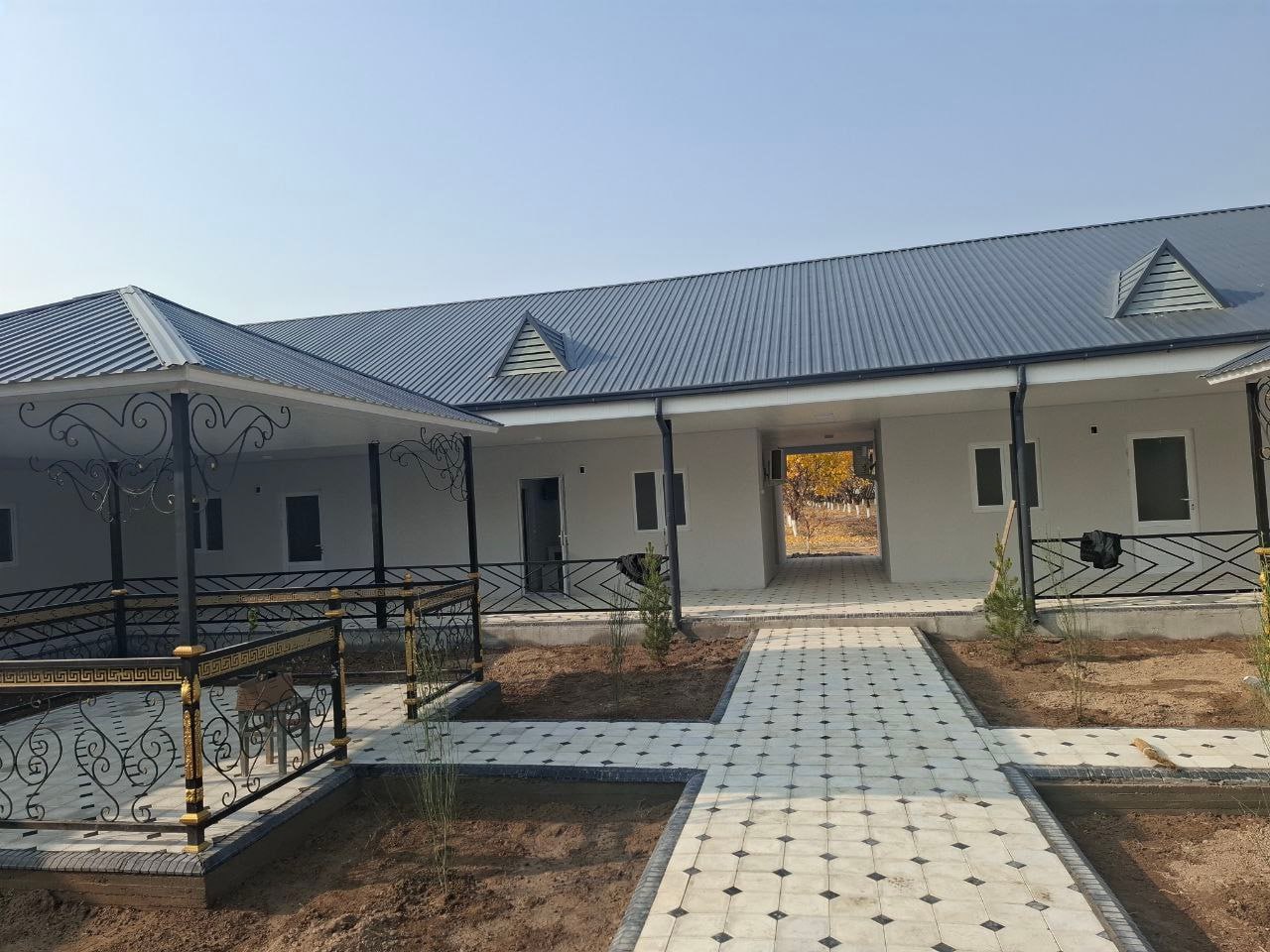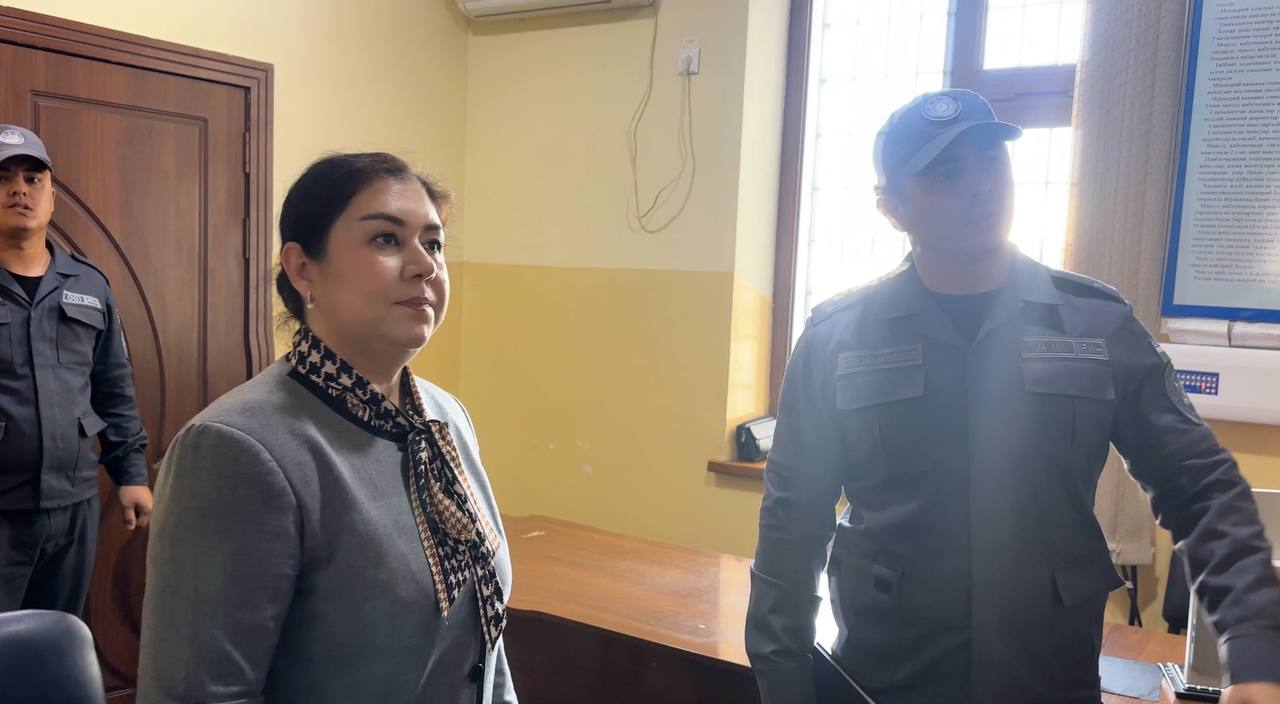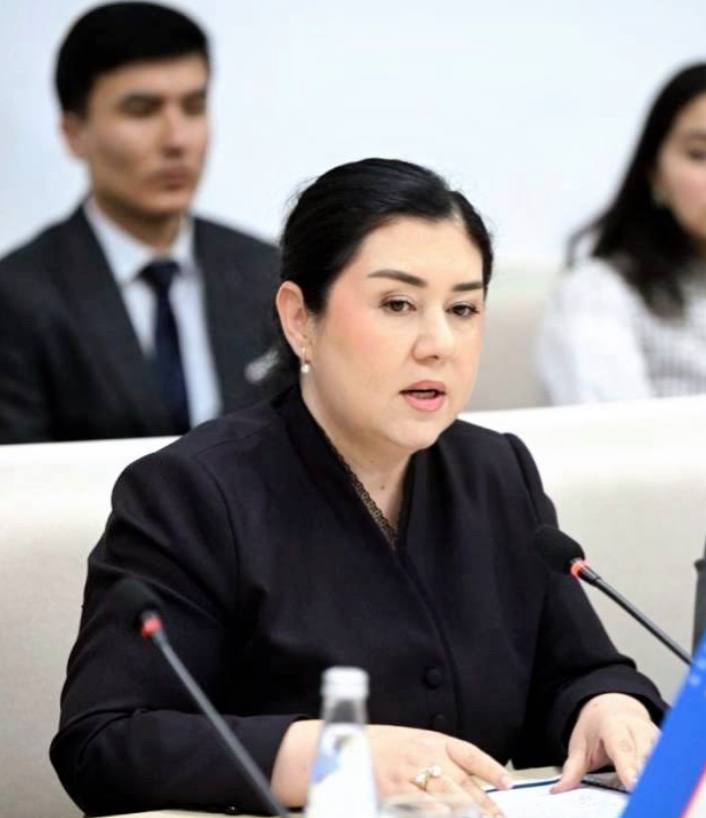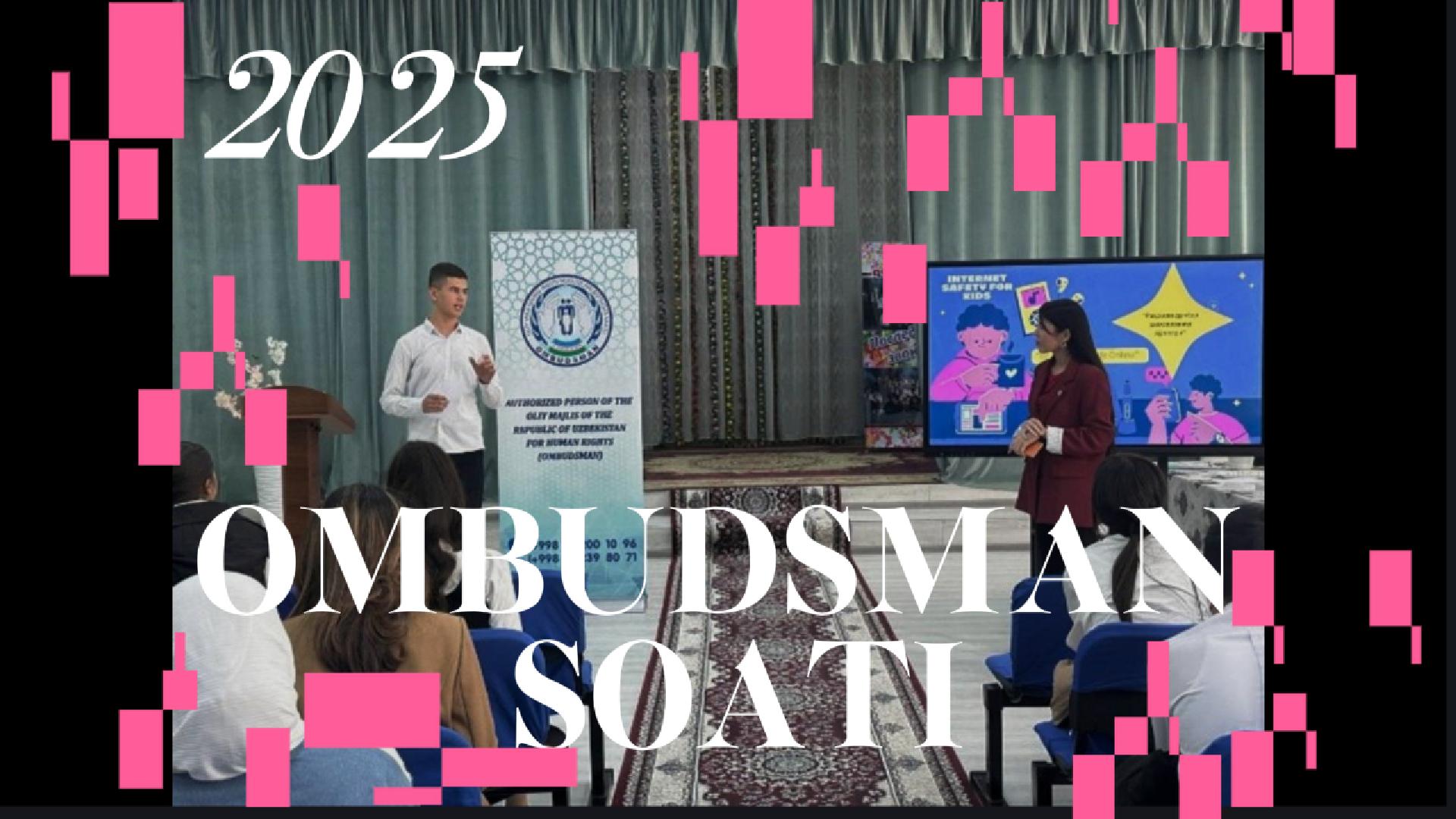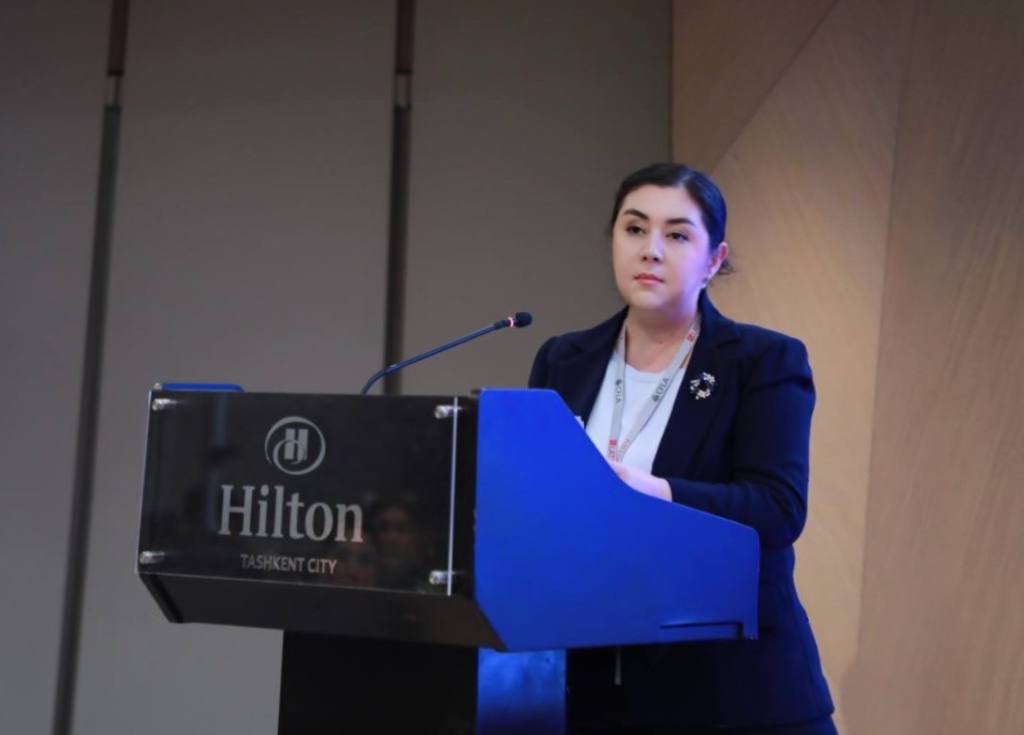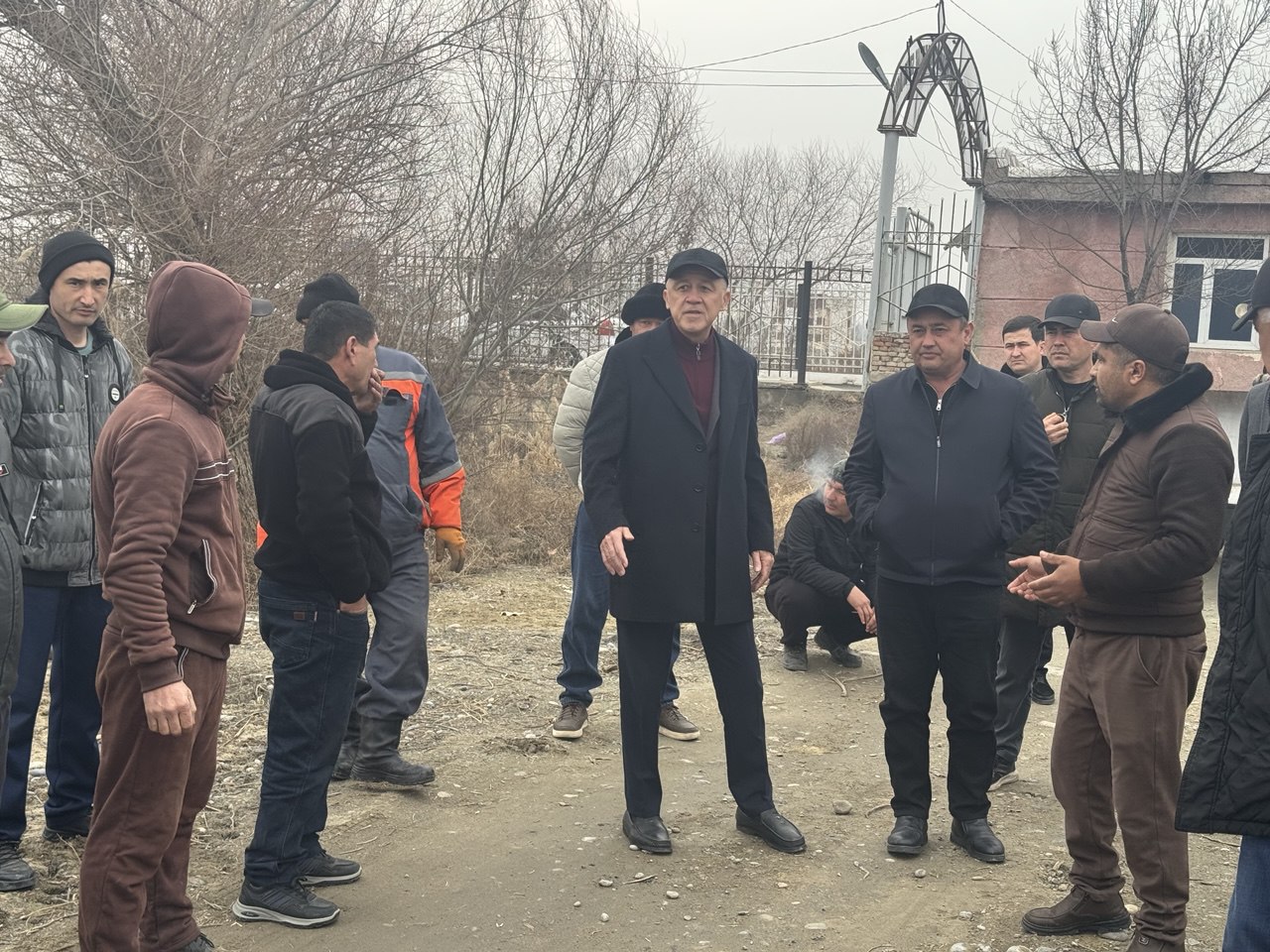On 19 December 2025, the Commissioner for Human Rights of the Oliy Majlis (Ombudsman), together with members of the public group operating within the framework of the National Preventive Mechanism for the Prevention of Torture under the Ombudsman, carried out monitoring visits to a number of closed institutions in the Samarkand region where persons deprived of liberty are held.
During monitoring visits conducted by the Regional Representative of the Commissioner of the Oliy Majlis for Human Rights (Ombudsman) in Syrdarya Region to Correctional Facility No. 40 (colony-settlement), it was identified that the institution lacked designated rooms for long-term visits of convicted persons.
The Regional Representative of the Ombudsman in the Republic of Karakalpakstan carried out monitoring visits to assess living conditions at several institutions, including the inter-district points (sobering-up facilities) organized under the Nukus city and Qonliko‘l district medical associations that provide medical care to persons in a state of intoxication; the temporary detention facility of the Amudarya District Department of Internal Affairs; the Karakalpakstan regional branch of the Republican Specialized Narcology Scientific-Practical Medical Center; and the “Muruvvat” men’s boarding home for persons with disabilities in Chimboy district.
On 31 October 2025, the Human Rights Commissioner (Ombudsman) of the Oliy Majlis and members of a public monitoring group carried out monitoring visits to a number of closed institutions in Fergana Region where persons with restricted freedom of movement are held.
On October 16–17, 2025, the Deputy Commissioner of the Oliy Majlis of the Republic of Uzbekistan for Human Rights (Ombudsman), staff of the Office, and members of the public group operating within the framework of the National Preventive Mechanism against Torture carried out monitoring visits to several closed institutions in Khorezm region where persons with restricted freedom of movement are held. Representatives of the media also took part in these activities.













